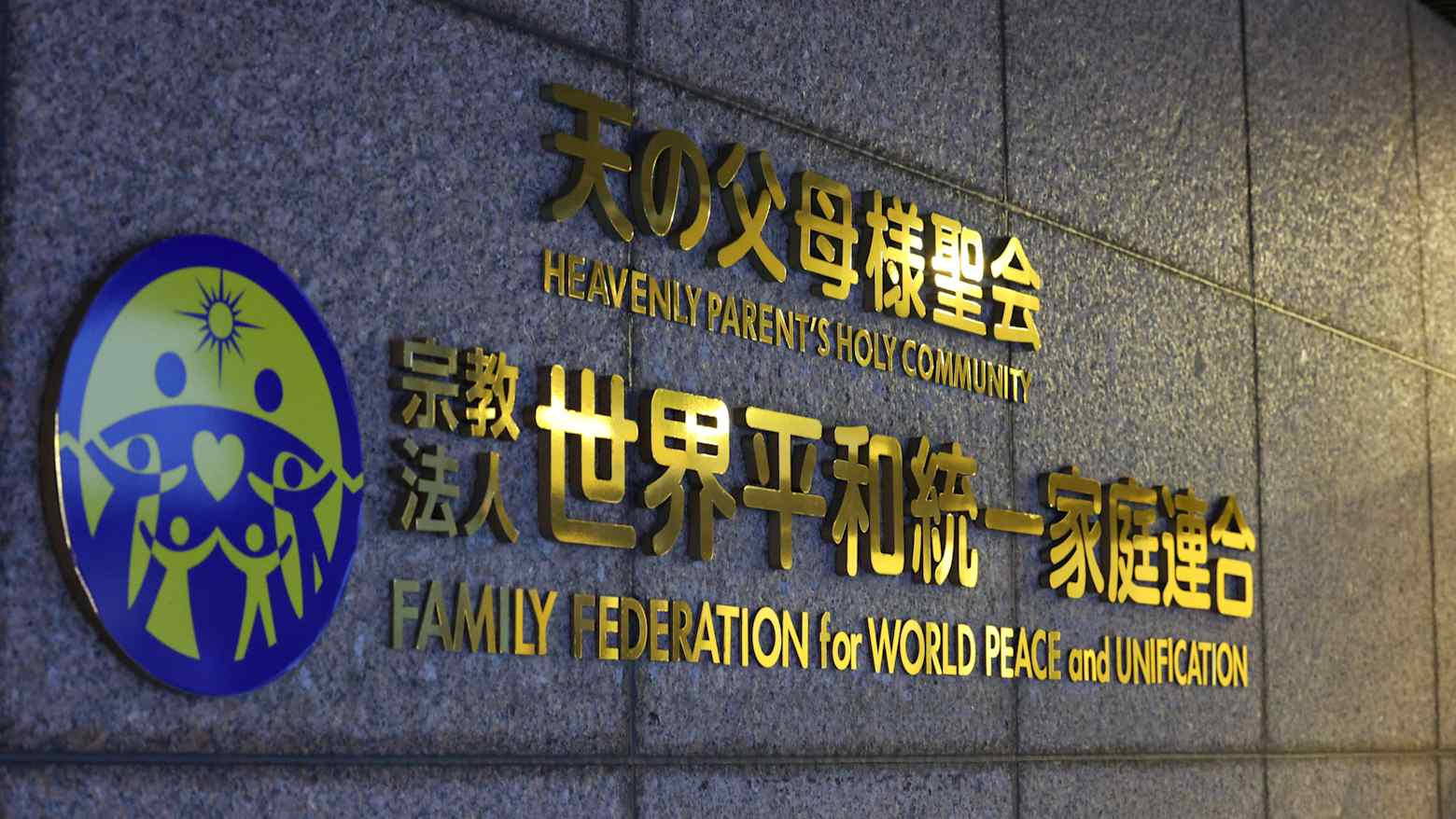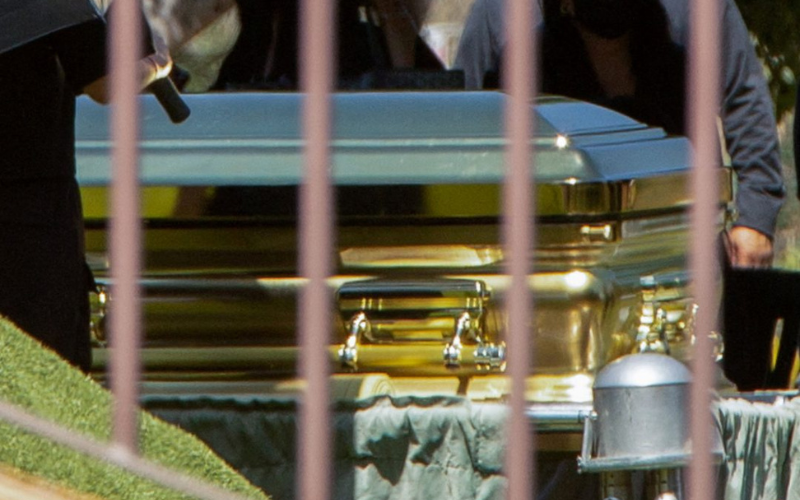News
Ex-CIA analyst indicted for spying for South Korea

A former analyst with the US Central Intelligence Agency (CIA), Sue Mi Terry, has been indicted by a New York grand jury on charges of acting as a spy for the South Korean government in exchange for cash, luxury items, and expensive meals.
Terry, who also served as a senior official at the White House National Security Council, faces two counts of failing to register as a foreign agent and conspiracy to violate the Foreign Agents Registration Act. Federal officials allege that Terry, a noted US expert on North Korea, operated as an agent for South Korea for over a decade without registering with American authorities, as per court documents revealed on Tuesday in the Southern District of New York.
Currently a senior fellow on Asia at the Council on Foreign Relations (CFR), Terry has been placed on unpaid leave, and her biography has been removed from the CFR website. Terry, 54, denies the charges, with her attorney, Lee Wolosky, labeling the allegations as “unfounded.” Wolosky contends that the charges misrepresent Terry’s scholarly and independent work, emphasizing that she was a vocal critic of the South Korean government during the periods mentioned in the indictment.
Born in South Korea and having moved to the US at age 12, Terry earned her doctorate from the Fletcher School of Law and Diplomacy at Tufts University in 2001. She then served as a senior analyst for the CIA from 2001 to 2008, later holding various federal government positions, including Director for Korea, Japan, and Oceanic Affairs at the National Security Council under Presidents George W. Bush and Barack Obama.
Prosecutors allege that Terry began her espionage activities for the South Korean government in 2013, five years after leaving the CIA and the National Security Council. The 31-page indictment details that Terry admitted to FBI agents during a voluntary interview in 2023 that she was a “source” for South Korea’s National Intelligence Service. According to the indictment, the South Korean government provided Terry with lavish gifts, including a $2,845 Dolce & Gabbana coat, a $3,450 Louis Vuitton handbag, and upscale restaurant meals. Additionally, she allegedly received $37,000, which was funneled into a gift fund at the think tank where she worked to obscure the source of the funds.
This indictment comes on the heels of Democratic Senator Robert Menendez’s conviction for accepting luxury items from foreign governments in exchange for political favors.
News
Japanese Court Upholds Dissolution Order Against Unification Church

A Japanese appeals court has upheld an order to dissolve the controversial Unification Church, rejecting the group’s attempt to overturn a lower court ruling.
The Tokyo High Court on Wednesday denied the church’s appeal, affirming last year’s decision by the Tokyo District Court to disband the organisation following accusations that it manipulated followers into making excessive financial donations.
Japan’s education and culture ministry had argued that the group coerced members into contributing vast sums under the guise of religious devotion. The church maintained that such donations were legitimate religious activities, but the appeals court dismissed that defence.
The Unification Church — often referred to as the “Moonies” — faced heightened scrutiny after the 2022 assassination of former prime minister Shinzo Abe. The gunman, Tetsuya Yamagami, said he targeted Abe due to perceived links between the politician and the church, which he blamed for financially ruining his family. Yamagami, 45, was sentenced to life imprisonment in January and has since appealed.
The dissolution order is unprecedented in Japan for a religious organisation over a civil offence. While it strips the church of its tax-exempt status and requires asset liquidation, it does not prohibit the group from continuing religious activities.
With the appeal rejected, the order is expected to take immediate effect, though the church may still challenge the decision at the Supreme Court.
Founded by the late Sun Myung Moon, who was regarded by followers as a messianic figure, the church has long been controversial. Investigations following Abe’s assassination uncovered ties between the organisation and numerous conservative lawmakers, intensifying public and political scrutiny.
According to the district court’s earlier ruling, the church collected approximately 20.4 billion yen (about $130m) from more than 1,500 individuals.
Chief Cabinet Secretary Minoru Kihara said government agencies have been instructed to work on relief measures for victims, expressing hope that the liquidation process would proceed under court supervision to ensure swift compensation.
News
Mexican drug lord ‘El Mencho’ buried in golden coffin

Infamous Mexican drug lord Nemesio Oseguera Cervantes, widely known as “El Mencho”, has been buried in a gold-coloured coffin during a heavily guarded funeral in western Mexico.
The 59-year-old founder of the Jalisco New Generation Cartel (CJNG) died after being wounded in a firefight between his bodyguards and Mexican special forces deployed to capture him in late February.
Long regarded as Mexico’s most-wanted man, Oseguera was also the subject of a $15m reward offered by the US Department of State for information leading to his arrest.
His death sparked a wave of retaliatory violence across at least 20 Mexican states, with cartel members reportedly setting vehicles ablaze and blockading major roads.
The funeral took place near Guadalajara in Jalisco, a longstanding stronghold of the CJNG. Members of Mexico’s National Guard were deployed in force to deter further unrest during the ceremony.
Large floral arrangements were delivered ahead of the service, including a tribute shaped like a rooster — a nod to Oseguera’s reported passion for cockfighting.
The procession featured a live band playing ranchero music and narcocorridos, a genre known for songs that glorify drug traffickers. Local media reported that the traditional song El Muchacho Alegre was performed as the coffin arrived at a chapel within the cemetery grounds.
After a ceremony lasting about an hour, mourners — many wearing face masks to conceal their identities — followed the casket to the graveside.
News
US Warns of Imminent Iranian Attack on Saudi Oil Hub as Regional Tensions Escalate

The United States embassy in Saudi Arabia has issued an urgent security alert warning of potential imminent missile and drone attacks over the eastern city of Dhahran.
US citizens in the area have been instructed to shelter in place and review emergency security procedures. Dhahran, located on Saudi Arabia’s oil-rich eastern coast, hosts a US consulate and is home to the headquarters of state energy giant Saudi Aramco, making it a strategically sensitive location.
The warning comes as hostilities between the US, Israel and Iran intensify. US President Donald Trump said it was now “too late” for talks with Tehran, reinforcing Washington’s hardening stance amid continued military operations.
Meanwhile, Pakistan confirmed that at least 300 Iranian nationals have crossed into its territory as Israeli and US strikes continue across Iran. The southwestern province of Balochistan, which borders Iran, has long been volatile due to separatist insurgencies and security challenges.
Islamabad faces a delicate balancing act. While relations with Washington have strengthened in recent years — including Pakistan’s nomination of President Trump for a Nobel Peace Prize — domestic dynamics are complex. Although Pakistan is a Sunni-majority nation, it has significant Shia communities, many of whom oppose military action against Iran.
Elsewhere in the Gulf, the media office in Fujairah in the United Arab Emirates reported that debris from an intercepted drone caused a fire. Authorities said the blaze was quickly extinguished and no injuries were reported.
-

 News1 week ago
News1 week agoBritish Tourist Among 19 Victims in Tragic Nepal Bus Crash
-

 News1 week ago
News1 week agoMore than 5,000 flights cancelled as major snow storm blasts US north-east
-

 News1 week ago
News1 week agoTrump’s Global Tariff Rollout Begins at 10% Amid Policy Adjustments
-

 News1 week ago
News1 week agoLouvre Director Steps Down Following Jewel Heist and Security Review
-

 Entertainment1 week ago
Entertainment1 week agoRobert Carradine, dies aged 71
-

 News5 days ago
News5 days agoTram derails in Milan, leaving one dead and dozens injured
-

 Sports1 week ago
Sports1 week agoMan Utd ruled out signing Osimhen ‘because of Afcon’
-

 Sports1 week ago
Sports1 week agoJoshua crash driver case adjourned to March










